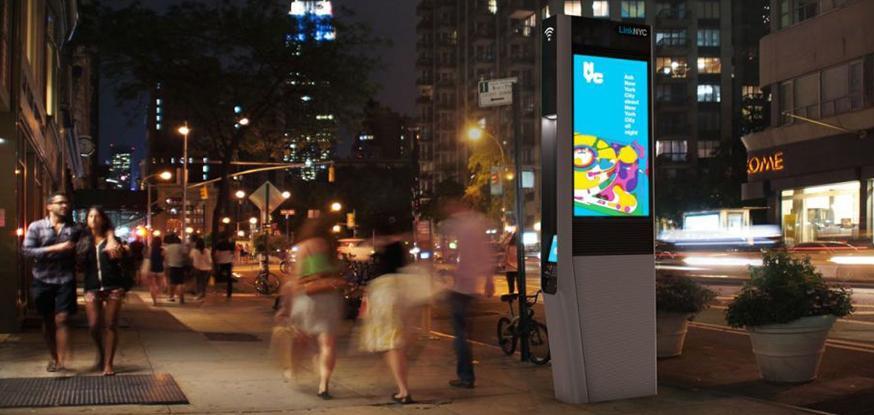Sidewalk Labs, which Google kick started almost two years ago, may soon develop a "large-scale district" to serve as a living laboratory for urban innovation technologies, Dan Doctoroff, founder and CEO of the company, said at the Smart Cities NYC conference.
The company is having conversations now with city leaders across the country, Doctoroff said. While nothing is final, Sidewalk Labs could hold a competition - similar to the one held by the U.S. Department of Transportation last year - to spur excitement from leaders who want to make their cities smarter, while also providing a national model for what the cities of tomorrow look like.
"The future of cities lies in the way these urban experiences fit together and improve quality of life for everyone living, working and growing up in cities across the world," Doctoroff said. "Yet there is not a single city today that can stand as a model - or even close - for our urban future."
This city would be "built from the internet up," Doctoroff said, and would test the theories and models that the company has asserted since its creation.
"We've found that applying urban innovations at scale could reduce cost of living by 14 percent compared to surrounding metro areas for an average family in America," Doctoroff said. Doctoroff called for a "mobility system that is more convenient than the private automobile" and involved a mix of ridesharing, public transit, driverless cars, walking and cycling.
Once again, by eliminating the existing constraints on public transit - which Doctoroff said are often big limitations on funding and use - a newly-built city environment, like the one Sidewalk is proposing, would not be inhibited by these restraints.
"When you combine these advances, you get a mobility system that's every bit as convenient as a private car, while saving families thousands of dollars a year," Doctoroff said. None of the technologies included in Sidewalk Labs proposed city environment would be possible, Doctoroff said, without an infrastructure backbone for connectivity.
Google's parent company, Alphabet, has applied to develop a strip of land in downtown Toronto in order to create a brand new high-tech city "from the Internet up." The application is the latest initiative from Sidewalk Labs LLC, the company's urban innovation unit, and is part of a vision to create a large-scale urban district modeled after a tech company.
Prior to filing the Toronto application, Sidewalk Labs had considered Denver and Detroit as candidates for the high-tech city and has long pondered the idea of building "from the Internet up," according to Bloomberg.
If the Toronto plan goes forward, it would entail transforming a 12-acre packet of land in a district called Quayside that abuts the town's commercial center. The details of the application are sparse, but Doctoroff has spoken in the past-including at Fortune's Brainstorm E conference-about his vision for urban areas based on sensors, unlimited broadband connectivity, and big data collections.
Using these technologies, Doctoroff believes a city could radically reduce congestion and bridge the "digital divide" between rich and poor. Officials from Toronto, which is Canada's largest city, have so far declined to comment on Google's application. But the Financial Post says the city can be considered a good candidate for an experimental high-tech district due to its fast growth, diverse population, and desire to attract U.S. investment.
If the plan goes forward, it would amount to another of Google's so-called "moonshots" and the biggest project yet for Sidewalk Labs.
Currently, the urban innovation unit is best known for its Link NYC program, which is placing hundreds of internet kiosks throughout New York City. The kiosks provide free browsing and Wi-Fi, but they can also collect data on pollution, crowd congestion, and other aspects of urban life.

